A greater focus is needed on preventative healthcare and public health, according to the former Deputy Chief Medical Officer
A new long-term “strategic” vision for Ireland’s health system is required, the former Deputy Chief Medical Officer (CMO) told the Health Summit on 6 February.
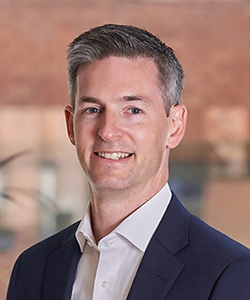
Dr Ronan Glynn, Partner and Health Sector Lead at EY Ireland, was Deputy CMO between 2018 and 2022.
Dr Glynn praised aspects of the new Programme for Government, saying it contained “numerous examples of really excellent initiatives which aligned with the Sláintecare programme of reform”. He said the continuing implementation of the six health regions also represented progress.
Focusing on e-health, Dr Glynn said there were “positive” signs that Ireland was prepared to invest in digital health transformation. The State’s digital health strategy, Digital for Care: A Digital Health Framework for Ireland 2024-2030 and its implementation roadmap, could represent a “sea-change” in care delivery.
However, Dr Glynn cautioned that there were many challenges. These included the growing population, rising chronic disease, and “massive” changes ahead in the delivery of care through innovations such as artificial intelligence.
Dr Glynn told the Health Summit it was “essential” for the Government to focus beyond the “many immediate challenges”.
“We need to get ahead of the socio-demographic pressures impacting our health system. A strategic 2040 vision for Ireland’s health system is required that sees investment in health and wellbeing not just as a necessary expenditure, but as a pivotal driver of long-term economic prosperity.”
The scale of this reform agenda would require “much more significant adjustments to practices and structures”, he envisaged. “Put simply, our healthcare system has not been designed for this future.”
Asked by the Medical Independent (MI) whether he believed a new State health plan was needed, Dr Glynn said now was the time to “create a space” to plan beyond 2040. He noted that the cost of health as a percentage of Government spending had increased in recent years. Dr Glynn also referenced the ongoing challenges in recruiting healthcare staff.
Dr Glynn said his principal point was that the order of magnitude of the challenges was only going to increase over the coming years.
Public health
The growing importance of public health and preventative medicine were major themes at this year’s Health Summit.
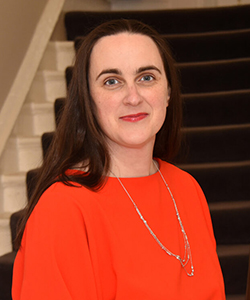
IHCA President Prof Gabrielle Colleran said that, in the past, public health may not have been viewed as “sexy”. She said it could be “really hard to get a [public health] message out”.
Public commentary was often centred around areas such as new medicines. However, Prof Colleran noted that drug innovation could be “high cost” while public health measures were often lower cost, but had a much wider societal impact.
“Speaking as a consultant, I think we have a duty in terms of educating the public on… [chronic diseases like] obesity, heart disease,” she added.
From her experience in paediatric radiology, she had noted the rising level of obesity in children. This was not something she saw during her training. Prof Colleran also said that Ireland needed to “tackle the social determinants of health” such as poverty, inadequate housing, and other issues.
Dr Glynn told MI public health had become more prominent within the HSE since the Covid-19 pandemic. Since 2021, public health specialists have had consultant status and the HSE is undertaking a public health reform programme.
“But I suppose the important point from my perspective is that public health is about a lot more than just the specialty of public health medicine,” Dr Glynn told MI. “And really what we need to be talking about is prevention… not even [just] within the HSE.”
Ultimately a “major prevention [programme] needs to take place at a societal level; it needs a whole-of-government approach”.
“We require an understanding that a lot of the things that impact on public health are under the auspices of other Government departments, such as housing, transport, education, sport… so it’s about trying to find that wider lens to public health, which I think is a key challenge.”
But I suppose the important point from my perspective is that public health is about a lot more than just the specialty of public health medicine
‘Wellbeing economy’
The ‘wellbeing economy’ was the focus of an address by Dr Tracey Cooper, CEO, Public Health Wales and Executive Board Member, International Association of Public Health Institutes.
Dr Cooper, a former CEO of HIQA, said that a “new narrative” for investing in health and health systems was required. She outlined how prioritising population health was “essential” for wider economic prosperity. Dr Cooper stated that better health resulted in a better economy, better work, and greater equality.
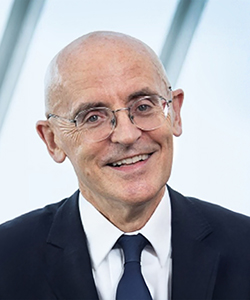
Dr Diarmuid O’Donovan, Director of National Health Improvement, spoke on a panel discussing the topic ‘How do we become a healthier nation?’
Asked about the prominence of public health in HSE priorities, Dr O’Donovan said it was “now my job and my colleagues’ job to work on health inequalities, on prevention… it’s in the job description”.
“We now have a mandate to do this, which wasn’t clear before,” he told MI. “So I think that is something that should enable us to work and reflect on those sort of [public health] areas.”
Dr O’Donovan trained in general practice and public health. From 2019 to 2023 he was Professor of Global Health at Queen’s University Belfast and formerly was Director of Public Health in HSE West.
Asked whether HSE regionalisation could have a disruptive impact on ongoing reforms in public health, Dr O’Donovan said the regions are “currently bedding down”.
“People have been hired to work in either regional or central roles, so working out the relationship between the centre and the regions is evolving,” he told MI.
“Hopefully, the idea is it’s going to be hub and spoke, and it will work in that way. So far it’s developing, but there are so many moving parts around it, so we just have to see it out, and see how the regions bed down, and that is going to take a couple of years.”
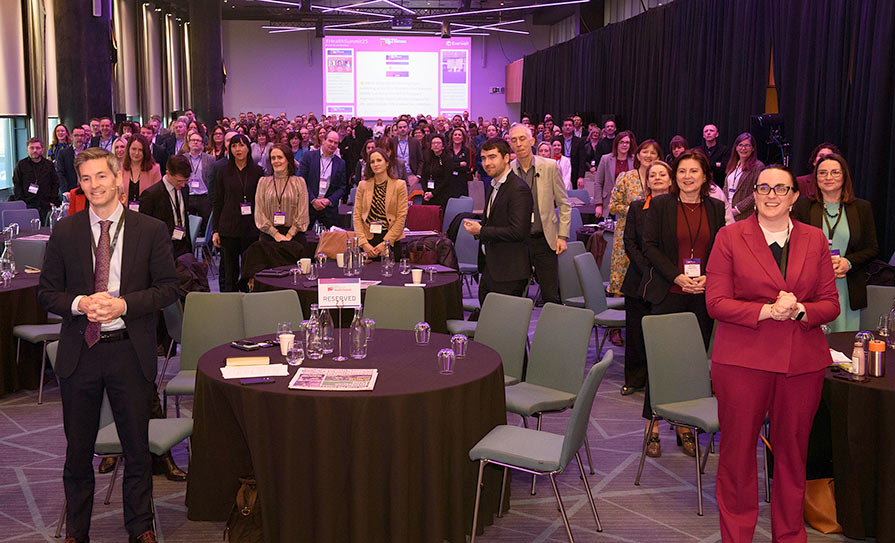

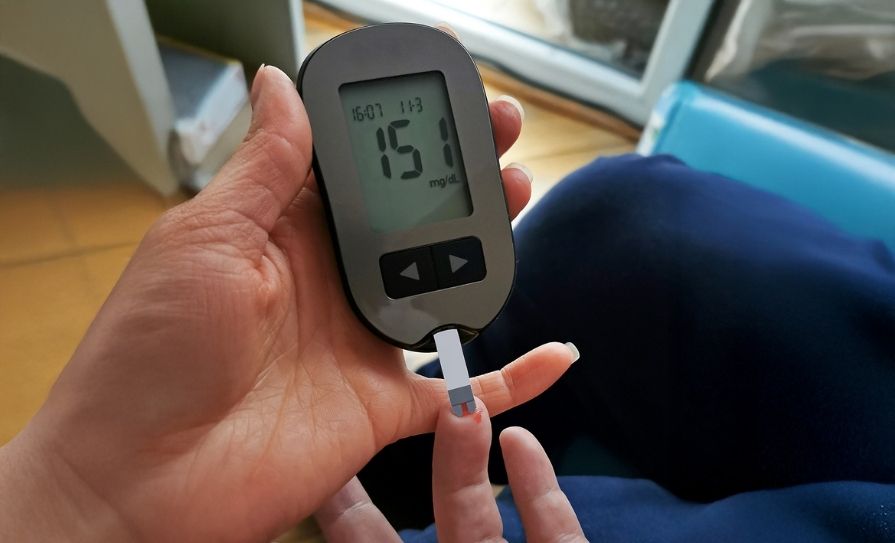




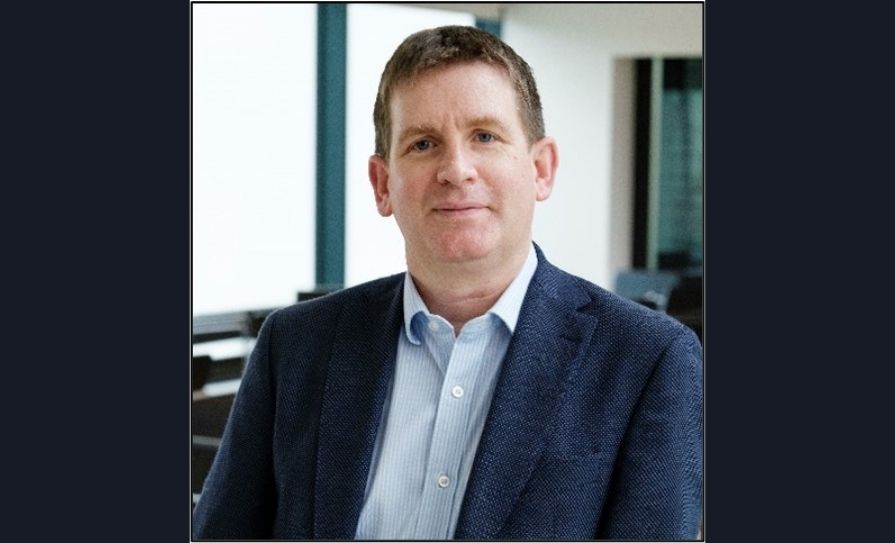





Leave a Reply
You must be logged in to post a comment.